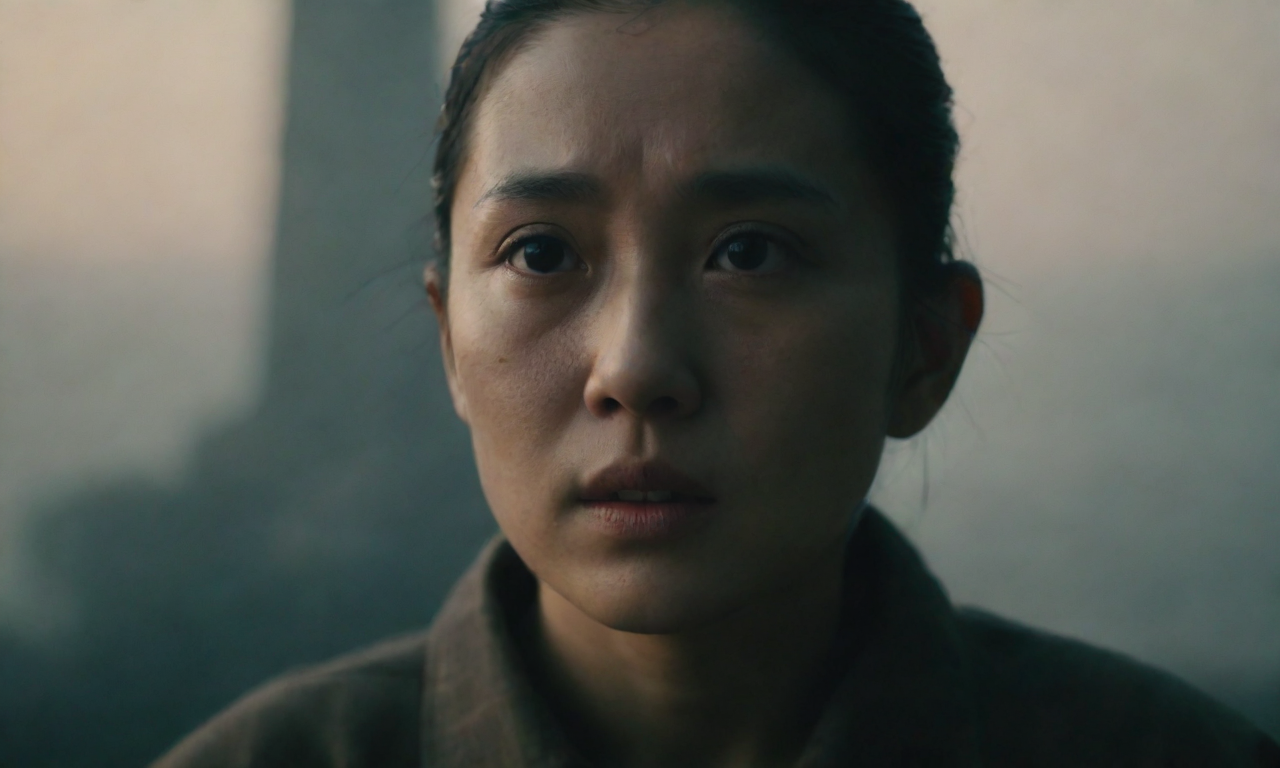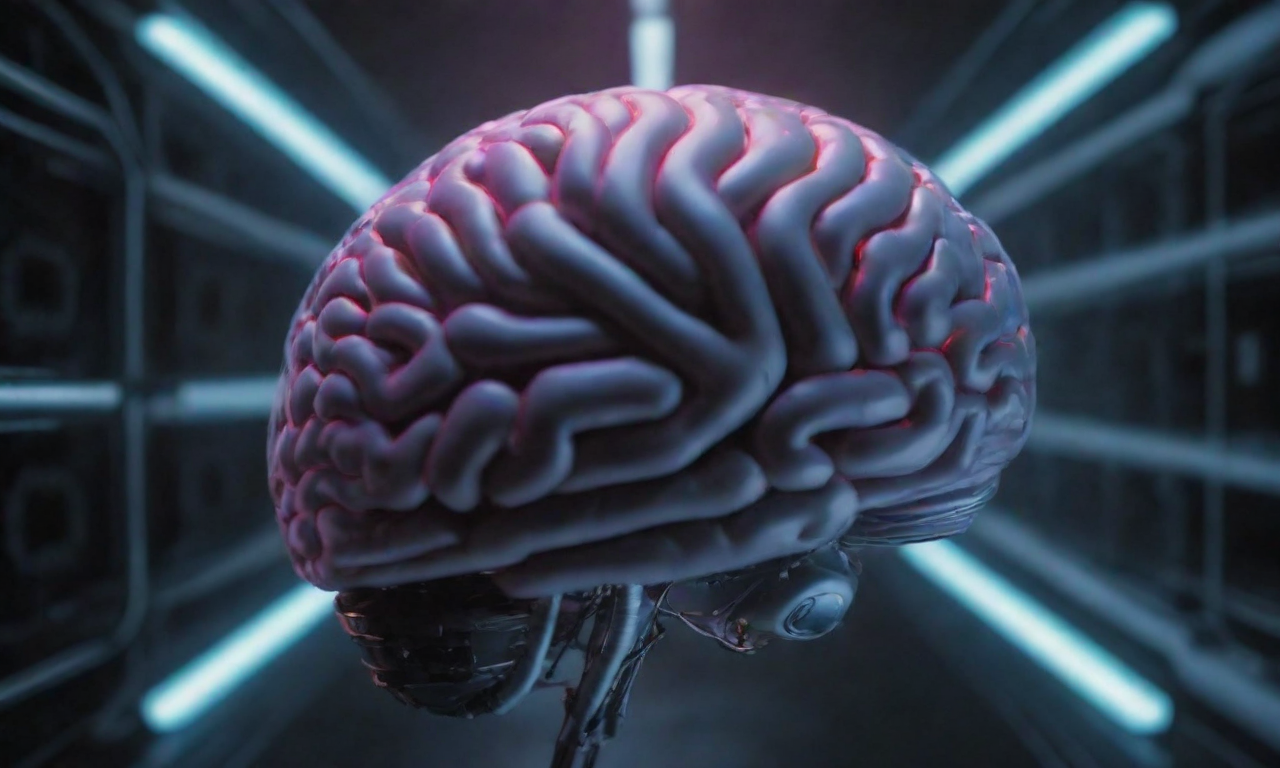Compiled by | Wang Fang
A recent large-scale analysis of American and Chinese adolescents showed that adolescents with more siblings have poorer mental health than those with fewer siblings. The specific details depend on factors such as the age of the siblings and the age gap between them. "Other studies have shown that having more siblings can have some positive effects, but our findings suggest otherwise," said Doug Downey, the lead author of the paper and a professor at Ohio State University. He and Rui Cao, a sociology doctoral student at the university, conducted the research, and the results were published in the Journal of Family Issues. The study included more than 9,400 eighth-grade students from the "China Education Panel Survey" and over 9,100 eighth-grade students from the "Early Childhood Longitudinal Study - Kindergarten Class of 1988" in the United States. The average number of siblings for Chinese adolescents is 0.89, which is nearly 0.7 less than that of American adolescents. 34% of Chinese adolescents are only children, while in the United States, only 12.6% are only children. In both countries, researchers asked students who were on average 14 years old various questions about their mental health. In China, adolescents without siblings showed the best mental health, while in the United States, adolescents without siblings or with only one sibling also had similar conditions. The research results in the United States showed that the mental health of half-siblings and step-siblings is poorer. These data suggest that siblings with a close age gap have the greatest impact on happiness. Siblings born within one year of each other have the strongest negative correlation with mental health. "Overall, the survey results support the theory of 'resource dilution'," said Downey. "If we imagine parental resources as a pie, being an only child means getting the whole pie – all of the parents' attention and resources." However, another possibility is that families with more or fewer children may differ in other aspects, which could lower children's levels of mental health, known as selection explanations. The differences between China and the US do provide some support for selection explanations. In each country, children from socioeconomically advantaged families have the best mental health. In China, this primarily includes children from one-child families, while in the United States, it primarily includes children without siblings or with only one sibling. "When we consider all the evidence together, the impact of siblings on mental health is more negative than positive," said Downey. Although this study shows the negative effects of siblings, other research suggests that having more siblings in kindergarten is associated with better social skills and a lower likelihood of divorce in adulthood. Downey said, "Understanding the consequences of growing up with few or no siblings is an increasingly important social issue. We need to do more research on the impact of siblings."Related Paper Information:
https://doi.org/10.1177/0192513X231220045
China Science News (2024-01-18, 2nd Edition International)Editor | Zhao LuLayout | Guo GangPlease scan the QR code below for 3 seconds to recognize it







